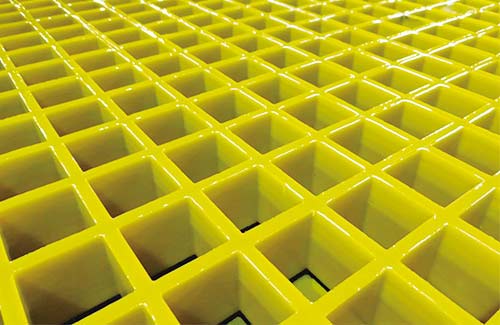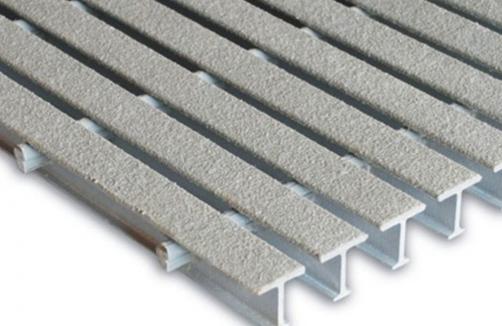FRP Molded Grating for Chemical Plants: Enhancing Safety and Durability in Industrial Environments
FRP Molded Grating for Chemical Plants: Enhancing Safety and Durability in Industrial Environments Chemical plants are among the most demanding industrial environments, where safety, durability, and efficiency are paramount. Traditional materials like steel and concrete often fall short in meeting the unique challenges of these settings. Fiberglass Reinforced Plastic (FRP) molded grating has emerged as a superior alternative, offering exceptional resistance to corrosive substances, heavy loads, and harsh conditions. But what makes FRP grating the ideal choice for chemical plants? How does it enhance safety and durability? And what are the key considerations when implementing this technology? Why Choose FRP Molded Grating for Chemical Plants? Chemical plants expose materials to extreme temperatures, corrosive chemicals, and heavy foot traffic. Traditional materials like steel rust quickly when exposed to chemicals, while concrete cracks under pressure. FRP grating, on the other hand, combines the strength of fiberglass with the rigidity of a plastic matrix, making it highly resistant to corrosion, UV radiation, and chemical erosion. One of the primary concerns in chemical plants is slip resistance. Falls can lead to severe injuries, and workers need a stable, non-slip surface even when wet or contaminated. FRP grating is available in various patterns, such as

